Serve: Decentralising Logistic Services By Leveraging Blockchain Technology
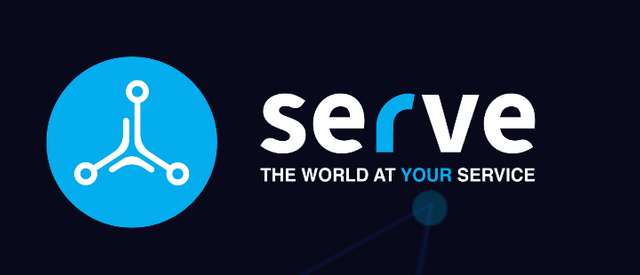

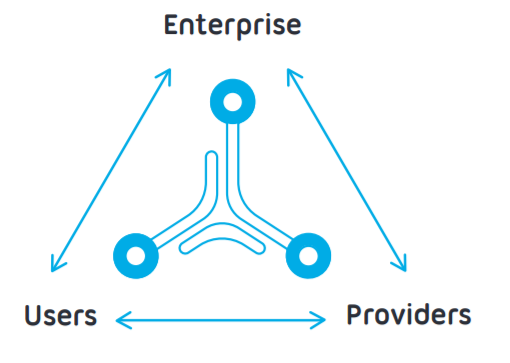
While the upward surge in revenue of most companies can be largely attributed to the rise in online orders and home deliveries, it is indeed very appalling that the consumers are often left to suffer the consequences of poor services usually in form of high delivery costs, wrong item delivered, lack of adherence to delivery schedule, amongst other tailbacks .
Here is a practical use case that best depicts the current state of logistics:
Ann is a banker who works at the United Bank of Africa. Due to the tasking nature of her job, she often skips breakfast in a bid to beat traffic in Lagos, Africa's most commercial city. By 12 noon, she usually orders pizza from Domino's and although delivery is often timely and efficient, it is everything but pocket friendly. Below is a pictorial breakdown of the cost effect.
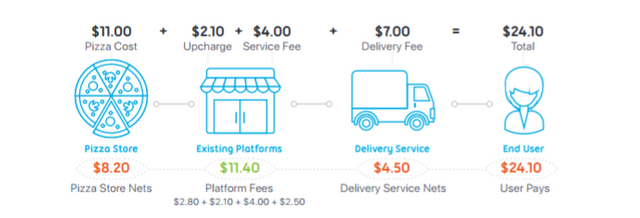
A brief study of the supply chain will reveal the following flaws and inadequacies of modern day logistic services .
- Most enterprises employ third party logistic services, thus elongating delivery chain.
- A longer delivery chain usually translates to a longer delivery time and lower operational efficiency.
- Delivery fees are quite on the high, leaving customers with a net charge of about 40% the price of purchased good.
These shortcomings have left more to be desired of businesses and providers, as it is quite evident that current practice does not offer customers value for their money. What then is the way forward for enterprises,providers and customers ? Could there be a way to arrest these shortcomings, enabling all parties to reap the benefits of their business relationship ?




Before we dive in fully into what this platform is all about, I recommend you watch this explanatory video which I made sharing my thoughts on this platform.

What conclusions can you draw from the image in stark contrast to the first ?.
- The supply chain is significantly shorter, thus leading to a speedy process.
- There are no existing platform fees, therefore, net costs reduces from 40% to only 2.5%.
It is imperative to note that the scope of Serve's operation is not limited to pizza delivery alone, as this is a mere illustrative use case. Infact, Serve can be integrated to virtually any enterprise that requires or renders logistic services.
How is operational efficiency attained on Serve ?

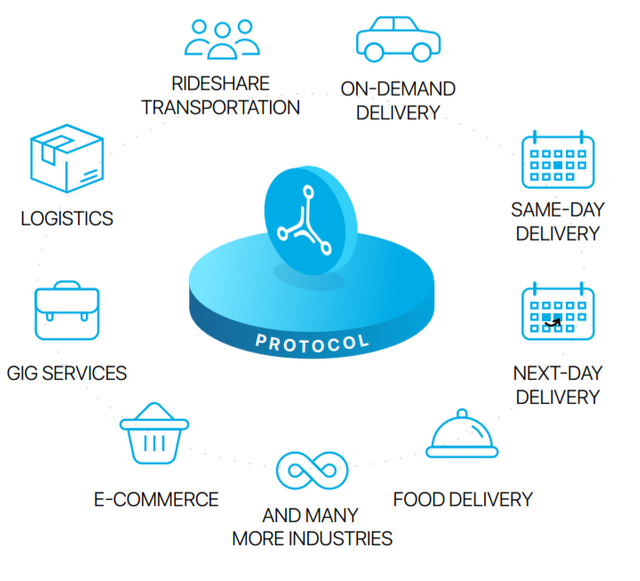
Serve platform requires users to purchase goods using it's native Serve token. After payment for an item has been made, a smart contract is created which necessitates the patronised enterprise or provider to stake a certain amount which is escrowed till after contract fulfillment.
The purpose of the staked fee is to ensure that enterprises prioritise customer satisfaction and observe total adherence to contract terms. After the terms have been met in a satisfactory manner, the staked fee will be returned back to the seller, while incase of any disputes, it is withheld until a fair conclusion is reached .
One impressive feature of Serve ecosystem is the opportunities it presents parties to not just maintain existing cordial business relationships with others but to build new ones since every enterprise, provider and user can easily access and contact one another . Serve also provides no forms of limitations whatsoever, as every one reserves the right to become a user, enterprise, provider or all at once .
Features and benefits of Serve

- Open source & SDK API : The Serve platform is open source and allows for third party integrations through it's SDK API .
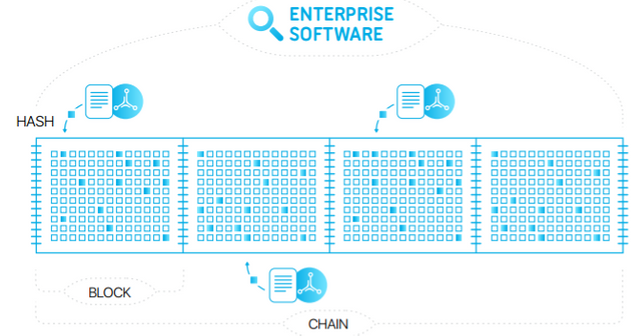
- Peer-to-peer : Serve eliminates middlemen and their associated costs allowing transacting parties to relate directly.
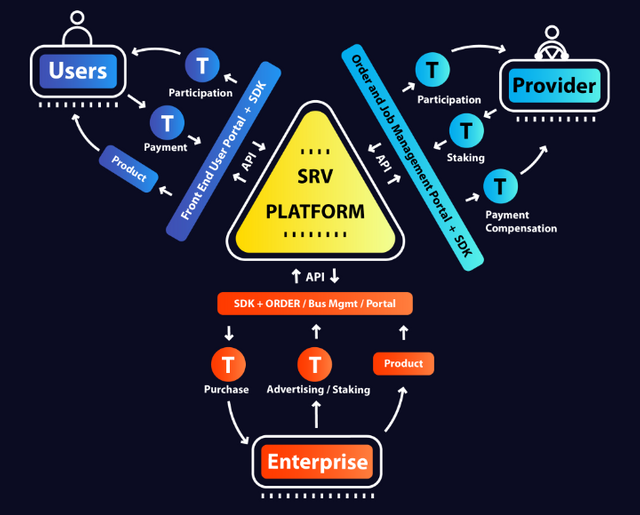
- Decentralised and secure: Serve's decentralised platform ensures that it is completely devoid of data hacks, server maintenance, downtime, hardware upgrade costs and other setbacks associated with centralised systems.
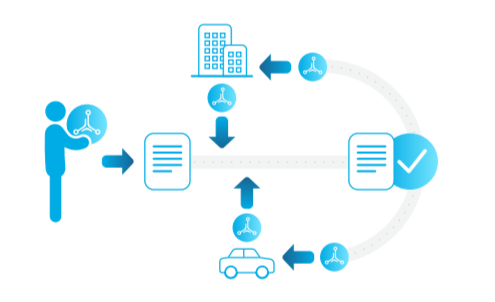
Reputation and accountability system: Serve proposes a reputation score for enterprises which will guide customers choices as well as promote high quality of service .
Lowering entry barriers for small scale enterprises: The current state of logistics is evidently unfavourable for small scale businesses. Serve nips in the bud, ensuring that all enterprises irrespective of how big are open to equal chances on the platform.
Final thoughts: The future of logistics with Serve



The Serve token (SERV) is an ERC-20 token which is used for transactions within the ecosystem. Below is a graphical representation of the token allocation.
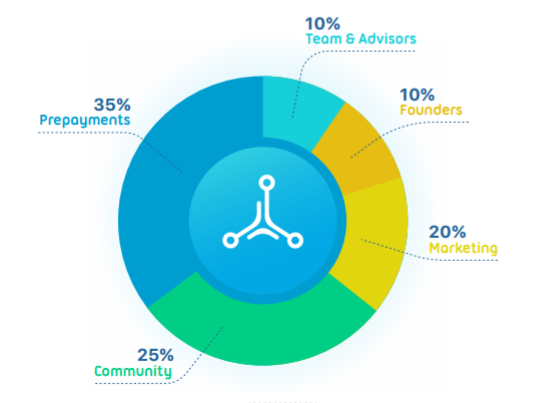

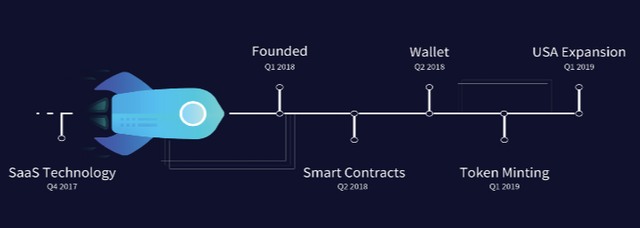



Serve Website
Serve Whitepaper
Serve Telegram
Serve Twitter
Serve Medium
If you have any questions concerning this project, feel free to ask in the comment section below.
All unsourced images were culled from the project's whitepaper
BountyOx username: danielwrites